The first thing that comes to mind after viewing this is that trauma sure has a way of rearing its ugly head. Since it is heavily focused upon, it makes for quite the downward spiral of Terry’s psychological state, and so there is a exchange between pleasant interactions and violent outbursts. The latter serves as a response to the interactions as he is reminded of not only the shame of being forced into gang rape, but also the burden that he carries due to being falsely accused. Both come as a package deal in the worst way possible, particularly because no matter his attempts at moving on from that fateful day, he has no control as to whether he is reminded of it. That is what drives his descent into madness, which is punctuated by his penchant for ridding himself of those who take delight in giving him the short end of the rat’s tail. Tina is one such character, and so the moment in which he sets out to put her life in jeopardy by way of trading paint is not without awareness of the fact that he is bringing about an equal amount of distress that she has caused him. It goes to show how deep-seated his trauma is.

The scene in which Terry catches a rat so that Mrs. Orland is relieved of it is of note because in addition to his explanation as to why the rodent is drawn to cheese, it is a moment that speaks volumes for how he goes about luring his victims to their deaths. You see, the way in which he ensnares them isn’t far removed from the inescapable fate that a rat trap presents, and so as the torment of each victim comes to a climax, those brief but harrowing moments function in the same manner as the triggering of a hold-down bar. They are nothing short of suspenseful.
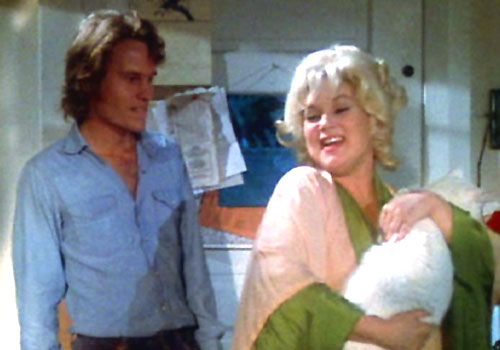
Terry and his mother’s relationship attracts the attention of their neighbors, namely Louise and her father. In that regard, both have their own perspective as to whether Terry is truly a psychopath, which is interesting because the nature of their interaction is characterized by how they perceive unusual occurrences, such as cackling at all hours of the night. It’s an interaction that bears in mind how the young and the elderly differ in terms of their reactions to what they experience in their milieu. For that reason, the perspectives of Louise and her father are more than just commentary regarding the unnatural behavior of their neighbors.
This examination of the mind of a psychopath is given much depth, so it is never wasted. It complements the slow burn feel of this, which didn’t draw me in right away, but once I was struck by Terry’s violent tendencies, I was along for the ride. A true shocker.

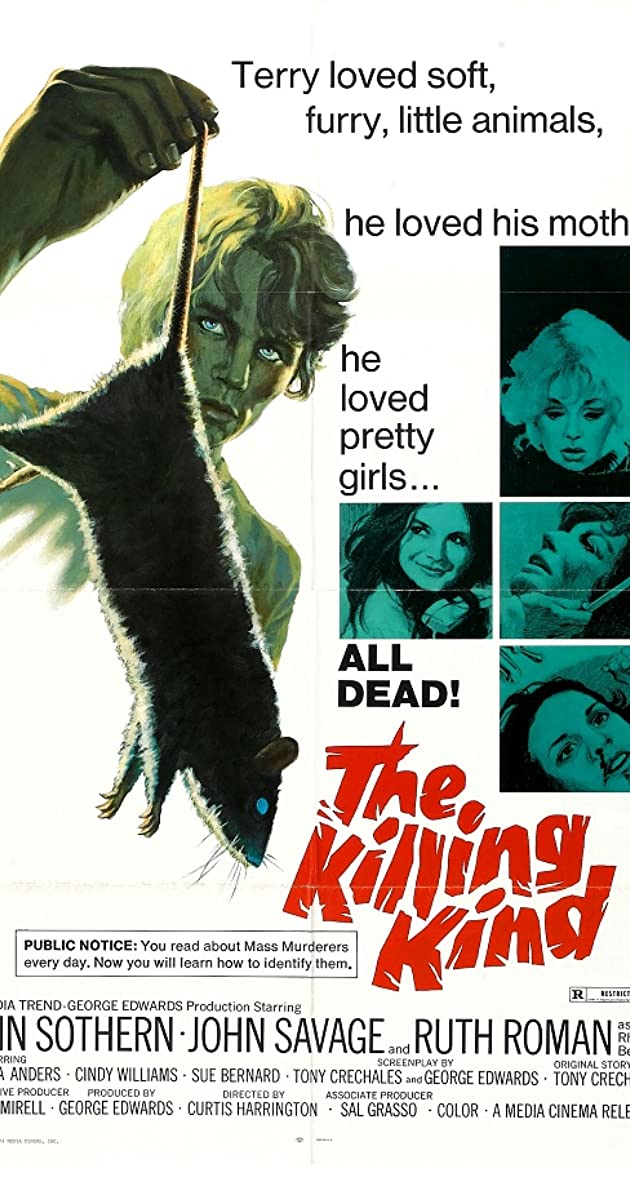
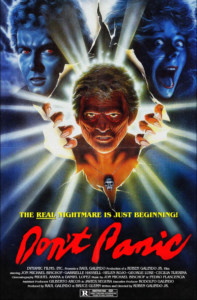
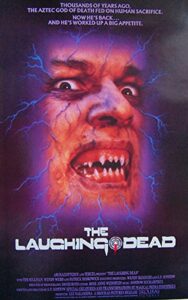
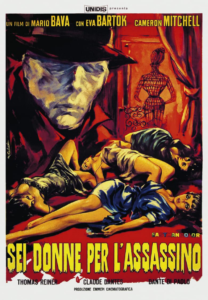
No comments! Be the first commenter?